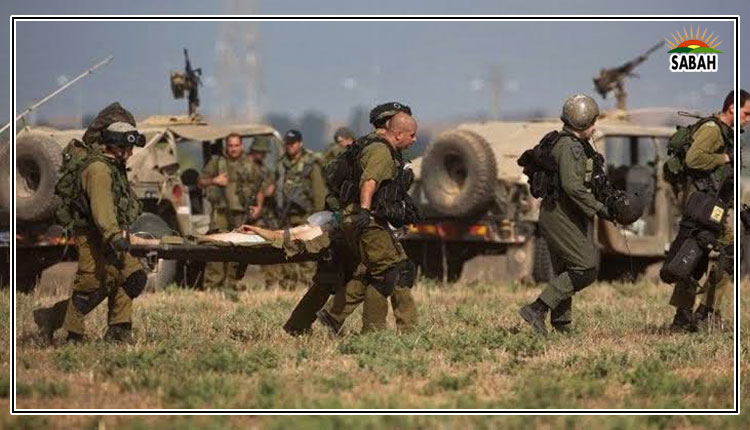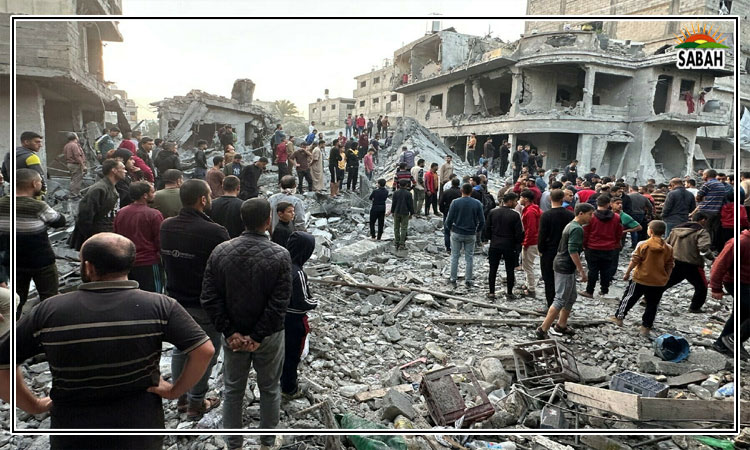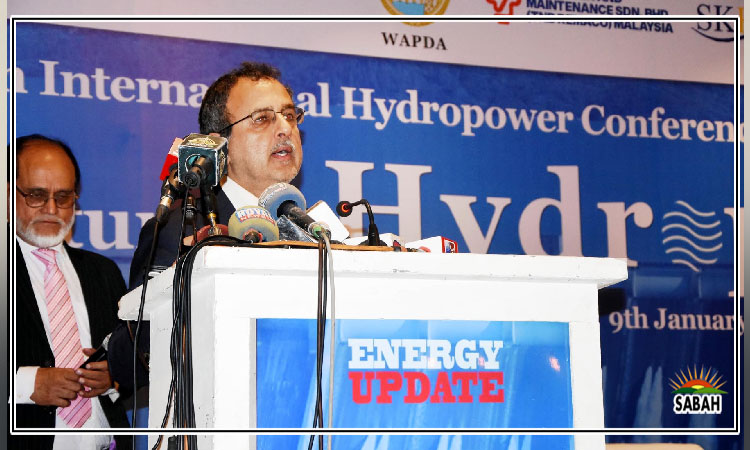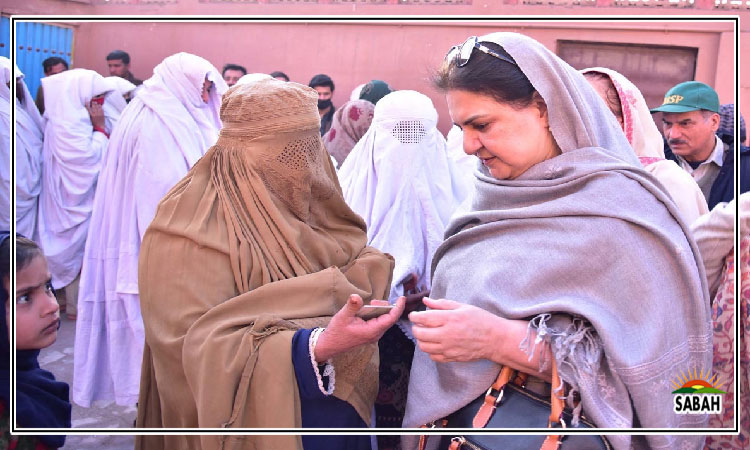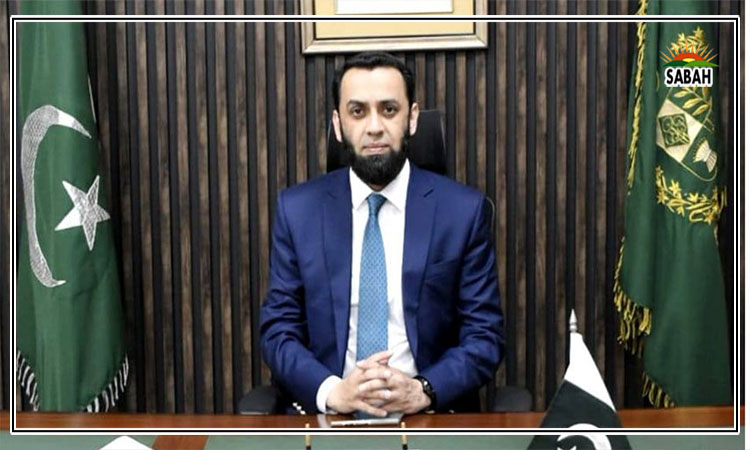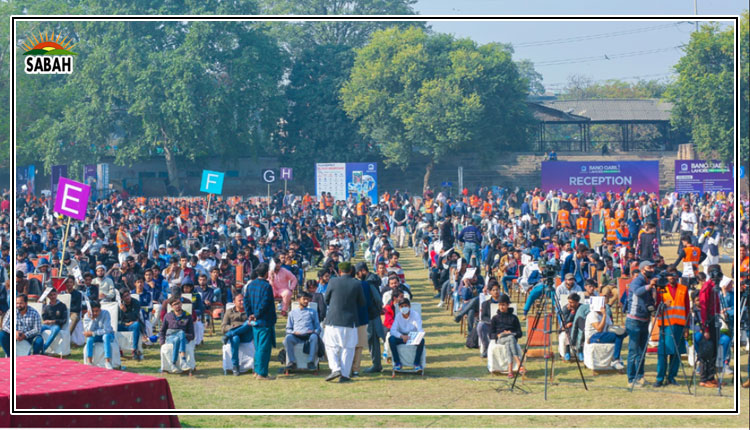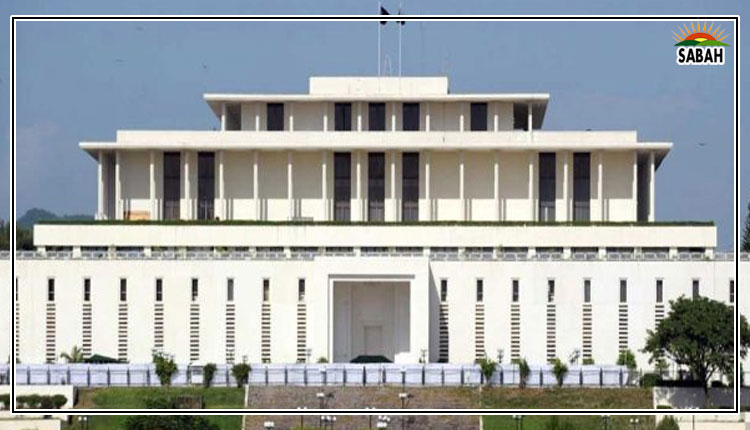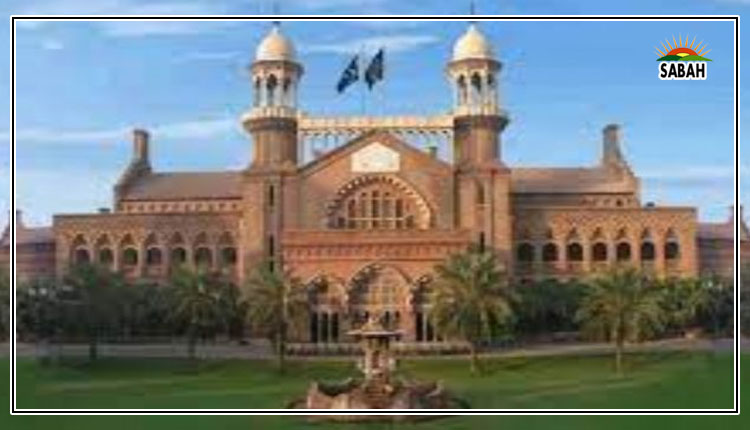LHC Justice Shehram Sarwar Chaudhry adjourns proceedings till March 3 on petitions filed for release of PTI leaders & workers
LAHORE, Feb 27 (SABAH): The Lahore central jail authority on Monday confirmed a 30-day detention for Pakistan Tehreek-e-Insaf’s (PTI) top leadership, being held in different jails across Punjab, over allegedly creating a law and order situation and hampering security arrangements for Pakistan Super League (PSL) teams by blocking Lahore’s Mall Road.
The home department and the central jail authority, complying with the Lahore High Court’s (LHC) order, submitted reports revealing that PTI leader Makhdoom Shah Mehmood Qureshi was detained in district jail Attock, Asad Umar in Rajanpur, Umar Sarfraz Cheema in Bhakkar, Azam Khan Swati in Rahim Yar Khan, Dr. Murad Ras in Dera Ghazi Khan, Muhammad Khan Madni in Bahawalpur, Senator Waleed Iqbal, Azam Khan Niazi and Ihsan Dogar in Layyah jail.
The home department in its report stated that the aforesaid ‘detainees and their accomplices’ blocked Mall Road and a created law and order situation.
“There is a ban on political rallies, processions and gatherings at Mall Road. They by doing this, not only created public nuisance but also seriously hampered security arrangements of PSL teams and foreign players,” stated the report.
The Civil Lines division superintendent of police and district in-charge of the intelligence branch in Lahore recommended that the PTI leaders be detained “in order to prevent the said anti-social elements from their unlawful activities and acting in a manner prejudicial to public safety or maintenance of Public Order Ordinance 1960 in the public interest, they for a period of 30-days.”
The respondent, additional chief secretary home, following aforesaid recommendations requested the deputy commissioner Lahore that detention of the above-said activists may be ordered under Section 3 of the Ordinance for a period of 30 days, the report further stated.
However, LHC’s Justice Shehram Sarwar Chaudhry adjourned proceedings till March 3 for further arguments in different petitions filed by PTI’s leaders Fawad Chaudhry, Chaudhry Ejaz, and others seeking the release of the leaders and workers who voluntarily offered their arrests on the call of PTI Chairman Imran Khan under the party’s “Jail Bharo Tehreek”.
Petitioners Senator Ejaz Ahmed Chaudhary, Syeda Nuria Humaira Rafique wife of Waleed Iqbal and others filed petitions requesting the court to direct the concerned quarters to produce aforesaid detainees and several other workers before the court after releasing them from illegal detention of the respondents.
They implored the court that PTI started the movement on February 22 for the supremacy of the Constitution wherein “thousands of workers and supports of PTI offered their voluntary arrests from different points”.
Petitioner Ejaz Chaudhary in his petition contended that the lives of PTI’s leaders Shah Mehmood Qureshi, Asad Umar, Umar Sarfraz Cheema, Azam Swati, Murad Rass and others are at stake at the hands of Respondents.
The respondents, the inspector general prison and CCPO Lahore, on the direction of another respondent, additional chief home secretary, arrested the PTI leaders from Lahore’s Mall Road and were taken to the camp jail first.
The petitions added that the PTI leadership was then transported to the city’s Kot Lakhpat jail, adding that the detainees “were not provided with food and necessary medicine”.
The petitioners added that if the detainees are not released from the “illegal and unlawful detention they could suffer an irreparable loss and injury”.
The petitioners furthered that the respondents may book the detainees in “false and frivolous cases in order to cause them maximum harm”.
Petitioner Fawad Chaudhry, in his petition, had sought the locations, and the current status of the arrested leaders and workers with a further request to restrain concerned quarters from involving the detainees in false and fabricated criminal cases.
It was also requested not shift the detainees out of the Lahore district and adopt all due process by producing them before court of law.


